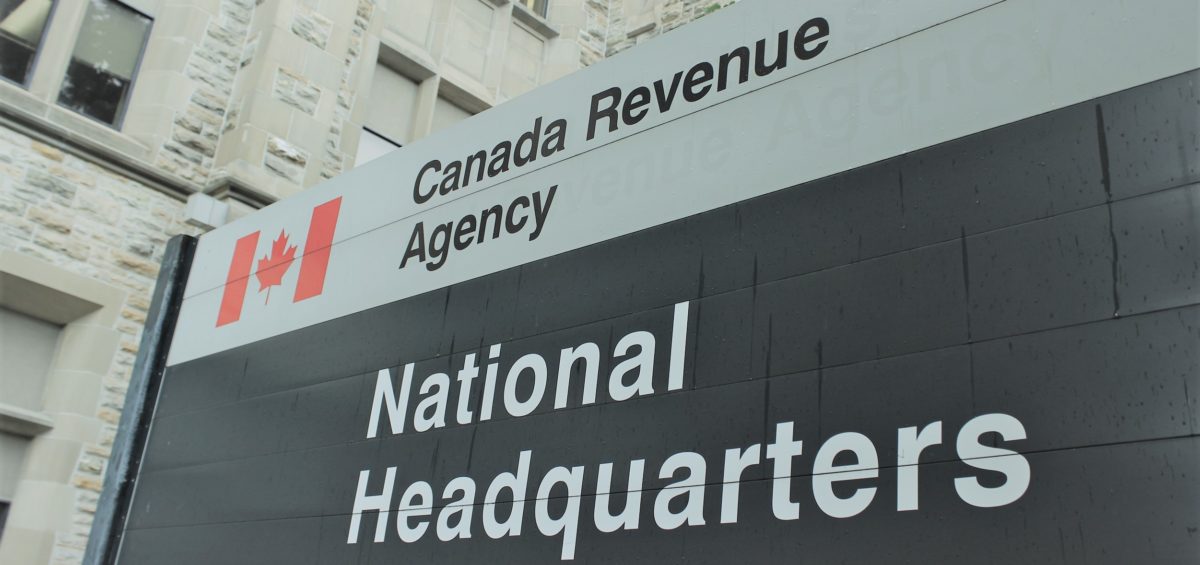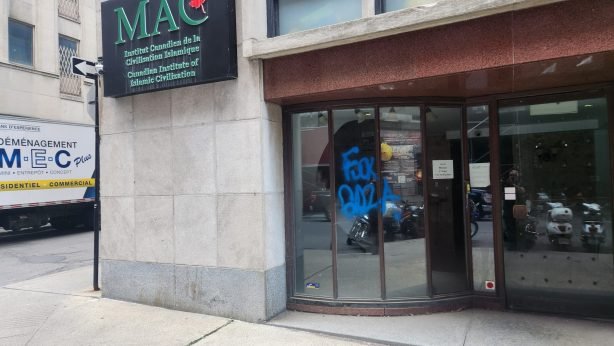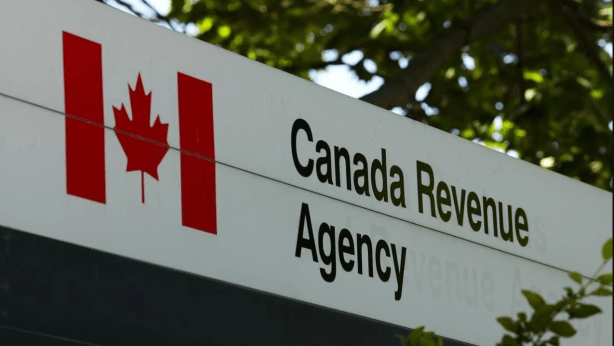If the CRA is targeting Muslim-led charities, Canadians deserve to know

December 20, 2022 |
In 2012, Stephen Harper’s government tightened Canada Revenue Agency (CRA) regulations and gave the CRA a special assignment: auditing charitable organizations to determine whether they exceeded permissible levels of “political activity.”
Environmental, human rights, international development and other civil society organizations felt disproportionately targeted, with audits seeming to focus on groups that highlighted the climate impact of the oil and gas industry, defended the rights of Palestinians and advanced an anti-poverty agenda.
Many of the audited organizations were well-known to Canadians, including Oxfam Canada, the David Suzuki Foundation and our own charities; many had been critical of Harper-era policies and decisions.
While the government denied political interference around the audits, they had a notable chilling effect on the charitable sector nonetheless. Groups became afraid of the potential repercussions of being offside of the Harper government on hot-button issues. It felt as if the CRA had been weaponized.
In 2016, a year after the election of Justin Trudeau’s government, Canada Without Poverty (CWP) filed a Charter challenge in Ontario’s Superior Court, arguing that the audit of the organization’s “political activity” had violated its right to freedom of expression. Two years later, the court ruled in CWP’s favour, the federal government chose not to appeal and the restrictive policy was overturned.
So it is distressing to learn that another group within the charitable sector feels similarly under attack today.
In recent years, members of Mr. Trudeau’s government have received complaints that the CRA’s counterterrorism financing unit, the Review and Analysis Division (RAD), has been disproportionately targeting Muslim-led charities. In 2021, the International Civil Liberties Monitoring Group found that between 2008 to 2015, RAD audited 16 charities, eight of which had their charitable status revoked; of those eight, six were Muslim-led. That same year, a research paper from the University of Toronto’s Institute of Islamic Studies and the National Council of Canadian Muslims was published, examining audits of three Muslim charities and concluding that Canada’s anti-terrorism financing and anti-radicalization frameworks can produce bias.
At recent hearings held by the Senate’s Standing Committee on Human Rights, the CRA indicated that since RAD’s inception, it has revoked the charitable status of 14 of the 39 charities it audited; 12 of the 14 are Muslim. The director- general of the CRA’s Charities Directorate has also confirmed that the RAD follows Canada’s 2015 National Risk Assessment, which concludes, with little justification, that the highest risk of terrorism financing lies with racialized groups, with Muslim-led groups as the top risk.
As was the case for advocacy organizations a decade ago, the experience of these audits has been aggressive and intimidating, and many of these charities have effectively silenced themselves.
And now, The Globe and Mail has found that elaborate government documents, sent anonymously to the Muslim Association of Canada alleging that the RCMP and CRA were attempting to entrap the organization by using supposed informants to construct a case about terrorist funding, were forged. This is confounding and troubling. And how do these revelations relate to the broader concerns?
– Alex Neve & Leilani Farha, The Globe and Mail


